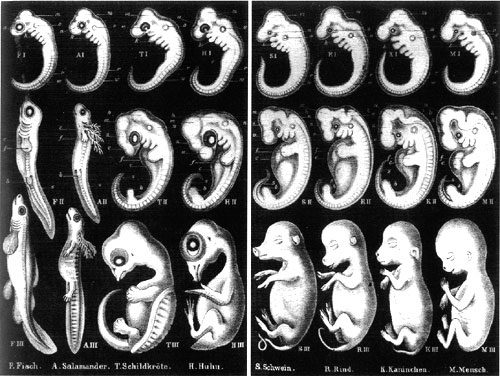
What I would like you to do is to find a topic from chapter 8 that you were interested in and search the internet for material on that topic. You might, for example, find people who are doing research on the topic, you might find web pages that discuss the topic, you might find youtube clips that demonstrate something related to the topic, etc. What you find and use is pretty much up to you at this point. But use at least 3 sources.
Once you have completed your search and explorations, I would like you to say what your topic is, how exactly it fits into the chapter, and why you are interested in it. Next, I would like you to take the information you found related to your topic, integrate/synthesize it, and then write about it. At the end, please include working URLs for the three websites.
By now you all should be skilled at synthesizing the topical material you have obtained from the various web sites you visited. If you need a refresher please let me know.
Thanks,







Recent Comments